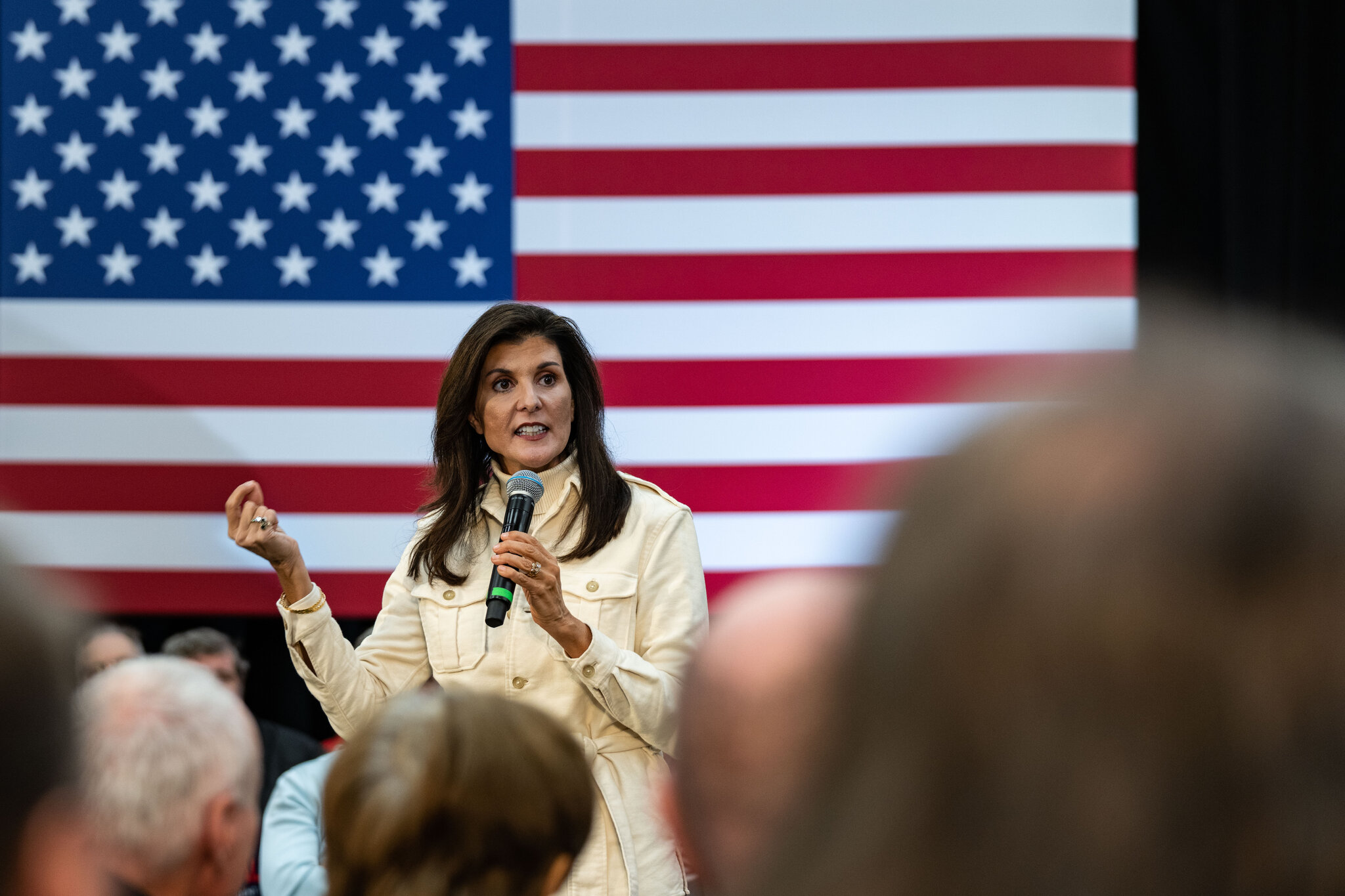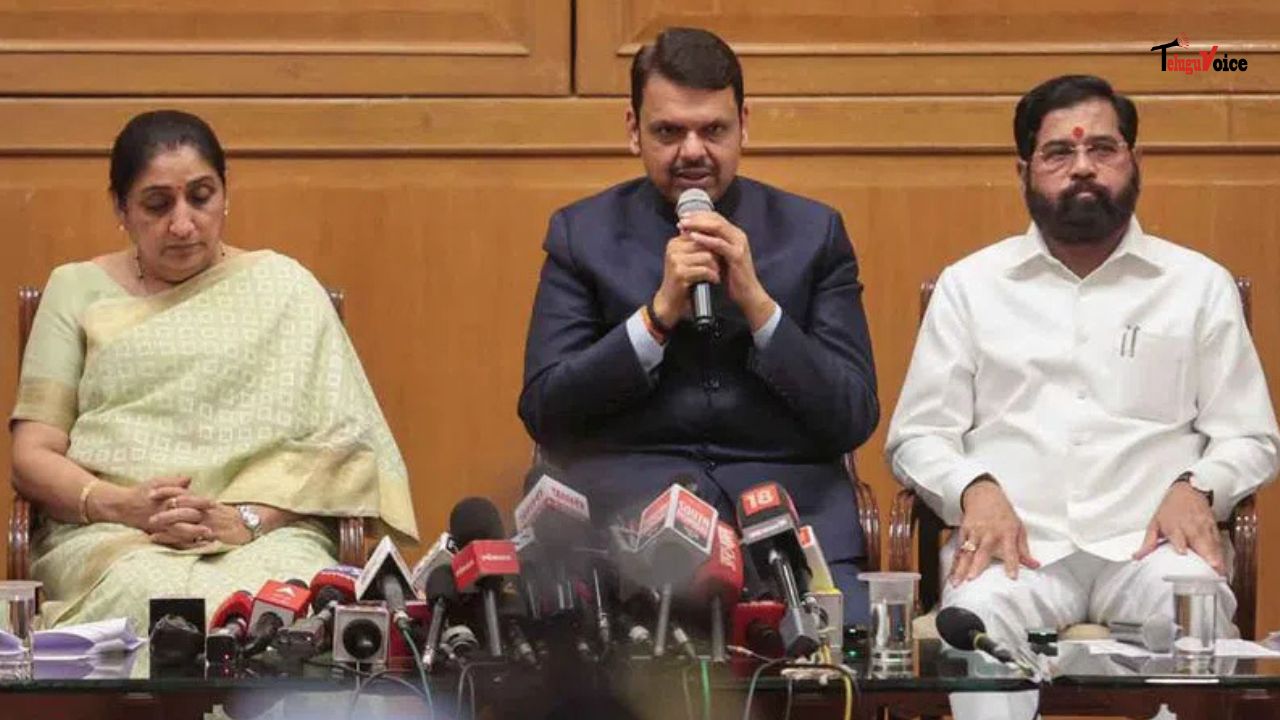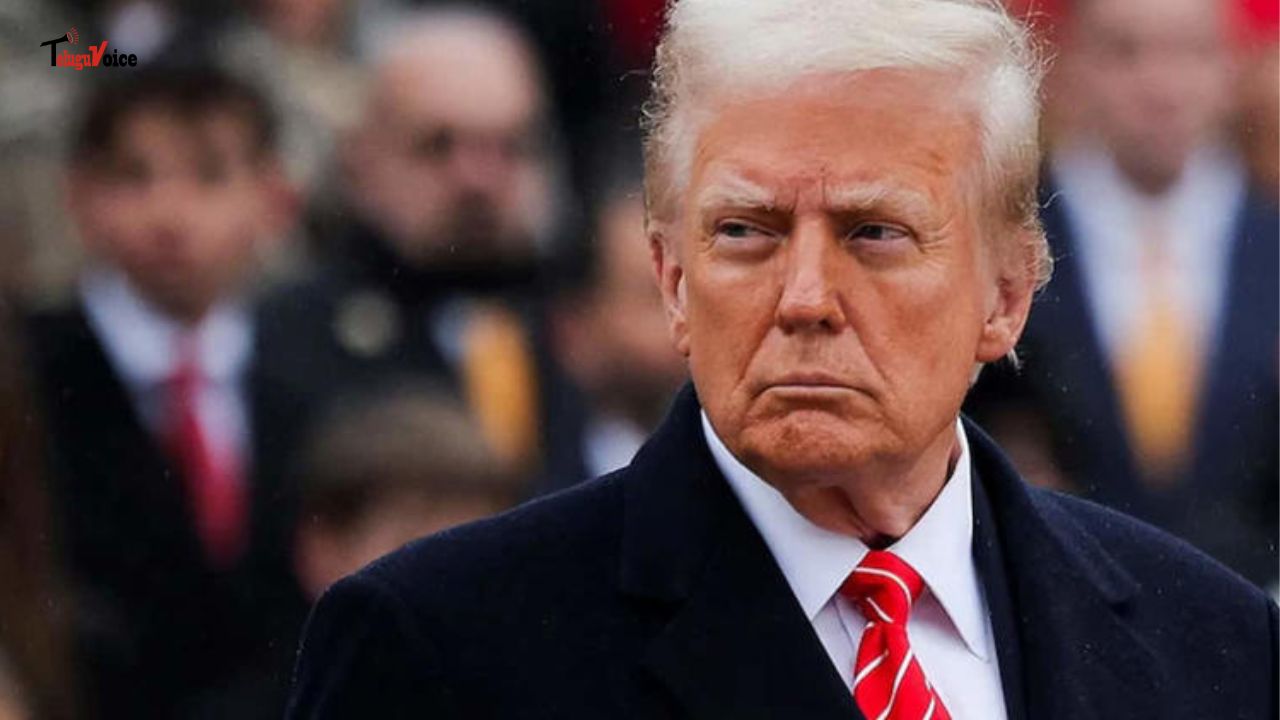The impact of Indian Immigrants on American Politics Grows Rapidly

About ten years ago, there was only one Native American serving in the House of Representatives. There were fewer than ten Indian Americans in the state governments. No one entered the Senate by a wide margin. There was a severe lack of Native American politicians in the United States.
But Republican Bobby Jindal opened the door for a 'fantasy' by running for President. Currently, Indian Americans are making inroads into the Senate. Although most Indians lean Democratic, Nikki Haley, a Republican contender, has emerged as a formidable threat to the President. While Jindal rarely brought up his Indo-American heritage, Nikki has made it a priority to do so.
Indians have, thus far, been preoccupied with achieving academic excellence and establishing their mark in the business world. However, it is said that one form of depiction breeds another. A total of five representatives are now part of the "Samosa Group" in the House.
Second-generation Indo-Americans today, with their established careers and democratic ideals, get the importance of building social coalitions by appealing to people of Latino and African ancestry.
Groups like AAPI Data are working to pave the way for Indo-Americans to participate more fully in American politics and are actively lobbying for this shift.

 South Africa tour of India 2019
South Africa tour of India 2019










Comments